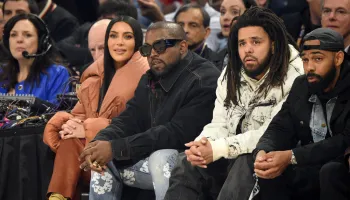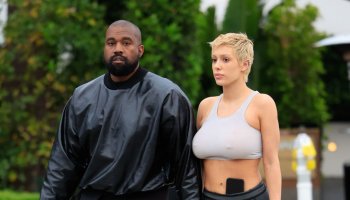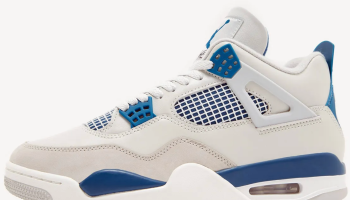This week’s New York magazine features an extensive profile of Jay-Z. Titled “1 Million, 2 Million, 20 Million/Oh, I’m So Good At Math,” a line from “Somewhereinamerica” from his new Magna Carta Holy Grail album, the story includes plenty of biographical tidbits you may already know but focuses, and marvels, at Hova’s business acumen.
Interestingly, in one particular passage, the author, Andrew Rice, points to the rapper/mogul’s famed Reebok deal as the starting off point for the lucrative deals he has since made with entities like Budweiser, Live Nation, Duracell and many, many more, most recently Samsun. Reebok had to come up with plenty of cash, as well as provide creative leeway as a partner, for Jigga to give the brand his co-sign. Sound familiar?
At the time, the sneaker company was lagging Nike and trying to cultivate a streetwise image. “He would never, for any amount of money, endorse Reebok,” Stoute said. “But what he would do is have Reebok be his partner in building the Jay-Z brand.” After painstaking negotiations, the two sides formed a joint venture to produce a sneaker, the S. Carter, modeled on a Gucci design favored by the hustlers of the eighties. Carter promoted it by sponsoring a team in the Rucker-playground summer league composed of ringers like Tracy McGrady and a teenage LeBron James. Carter also insisted that his deal include a television spot, which was hashed out at the 40/40 Club and shot to his exacting specifications.
There were limits to how much Carter would shill: Some Reebok executives were annoyed that he occasionally wore Nikes. 50 Cent, who had a lower-end line, was always in Reeboks, and actually ended up making more from his endorsement deal than Carter, who shared in the joint venture’s overhead costs. “Even if it did cost him some money in the short term,” says Que Gaskins, who oversaw the sneaker’s marketing as an executive at Reebok, “I think it was really important to him to be perceived as an equal partner.”
The Reebok deal led to relationships with other major corporations, alliances that often came with an equity stake, an impressive title—“co–brand director, Budweiser Select”—or an advertising campaign timed for Jay-Z’s purposes. He also began seeding his songs with placements for products like the Champagne Armand de Brignac, the cognac D’Usse, and even a beauty-product company called Carol’s Daughter—all enterprises in which he had a disclosed or presumed interest…
The story also details some of Jay-Z’s exploits while he was dealing drugs in Maryland as well as the creation of Roc-a-Fella.
You can bet that Damon “Dame” Dash will take issue with how Roc-a-Fella Records inception is depicted since it points to Jay-Z as the mastermind. The author spoke to Kareem “Biggs” Burke, who is currently serving a five-year prison sentence for drug trafficking, as well as Steve Stoute, but never actually spoke to Jay-Z for the story.
Read the entire New York mag feature right here.
—
Photo: New York/Ben Baker















